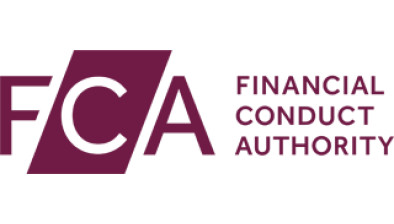FRC reveals public views on regulation of corporate reporting, audit and governance

The Financial Reporting Council (FRC) has revealed public opinion on the regulation of corporate reporting, audit and governance.
Its research has indicated that the public supports the FRC taking firmer action to hold companies to account.
On the whole, participants in a series of ‘citizens juries’ believed that the FRC should have more power and teeth to hold companies to account, but any increase in regulation should not stifle companies’ ability to operate and prosper.
The study conducted on behalf of the FRC by BritainThinks, involved in-depth research with members of the public across the UK.
Almost everyone has an interest in the success of British companies be that as an employee, a direct investor, a pension fund member or an interest-bearing account holder and therefore in the effectiveness of the FRC as a regulator.
The citizens’ juries allowed participants to be presented with, and have time to discuss and interrogate, information about corporate reporting, corporate governance, audit and the FRC’s work in these areas.
While citizens’ initial views of companies tended to be negative with greed and corporate misdemeanours front of mind, when considering the impact companies can have on the UK, particularly on the economy and local areas, participants had more positive perceptions.
In particular, participants highlighted the importance of companies in providing employment, products and services, and investing in the UK.
Alongside having more power, participants thought the regulator should hold individuals (other than those who are members of a professional body presently) and companies to account to deter wrongdoing.
Many also believed the Regulator and companies should operate in the public interest, taking into account the views of wider audiences, including employees, and improve diversity on boards.
Members of the public also thought that the regulator should maintain its independence from those it regulates at all costs. Participants felt it was particularly important to ensure the independence of non-executive directors and audit partners from the companies they work with.
Videos summarising the findings, with direct input from participants can be viewed here along with the report.










